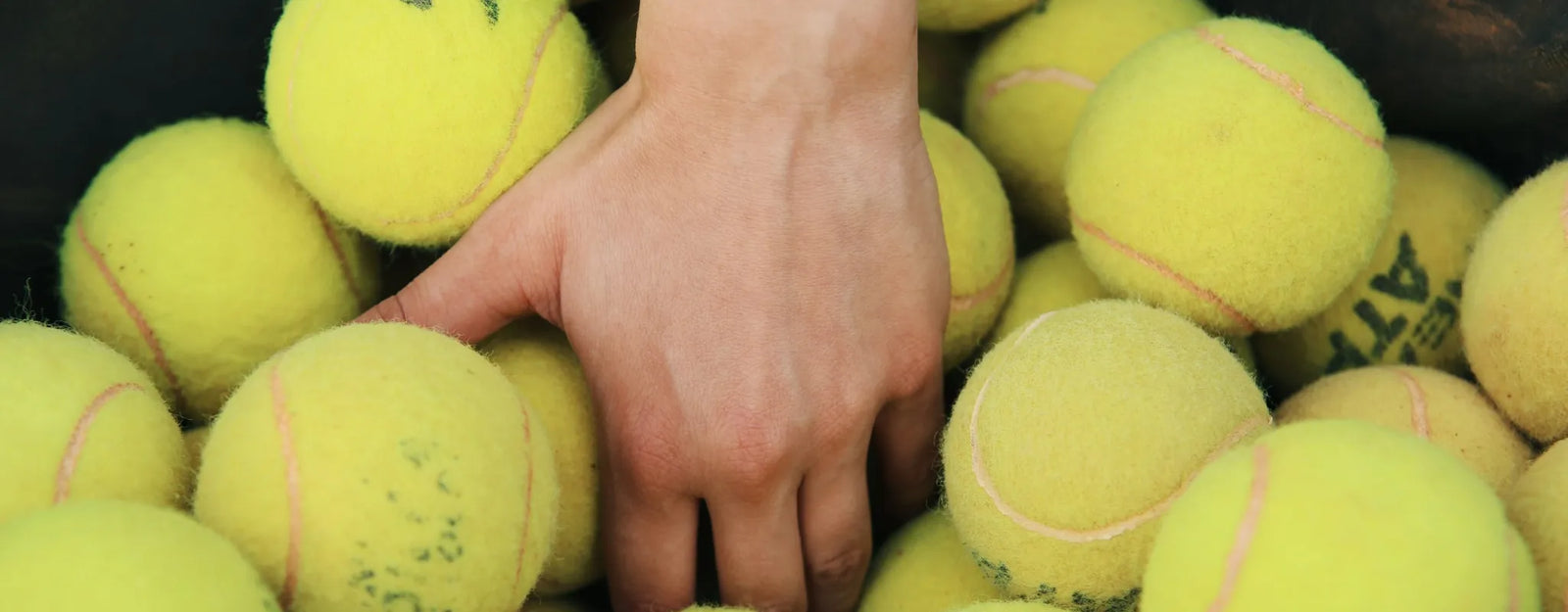How to Compost at Home
We've all heard the term "reduce, reuse, recycle" when it comes to being eco-friendly. But have you ever considered composting as a way to reduce waste at home and create nutrient-rich soil for your garden or houseplants?
Home composting is easy, and it can even save you money on buying soil or fertilizer. We're covering the best and easiest ways to compost at home to help you get started on your composting journey.
What is Composting?

Composting is the process of breaking down organic material such as food scraps, leaves, and yard waste into a nutrient-rich soil amendment. The resulting compost can be used as a natural fertilizer for plants, making it an eco-friendly alternative to chemical fertilizers.
Composting is also an effective way to reduce the amount of organic waste that goes into landfills, which can help reduce greenhouse gas emissions.
Home Composting Guide - Easy Tips for composting at Home

1. Start with a Composting Bin
To start composting at home, you'll need a composting bin. You can purchase a pre-made bin or make one yourself using materials like wood, wire mesh, or plastic. A bin will help contain the organic material and prevent it from attracting pests or rodents.
2. Add Brown and Green Materials
Composting requires a balance of brown and green materials. Brown materials include dry leaves, straw, and shredded newspaper, while green materials include food scraps, grass clippings, and coffee grounds. Aim for a ratio of about 3 parts brown to 1 part green. You can even add your spruce plastic-free refills packaging in there too!
3. Keep It Moist
Composting requires moisture to break down the organic material. Keep the compost pile moist, but not too wet, by adding water as needed. A good rule of thumb is to keep the compost as moist as a wrung-out sponge.
4. Turn the Compost
To speed up the composting process, turn the compost pile regularly using a pitchfork or shovel. This helps aerate the pile and distribute the organic material more evenly. If you're using a compost tumbler, simply rotate the tumbler every few days.
5. Wait for the Compost to Mature
Composting takes time, usually several months to a year, depending on the size of the pile and the materials used. Once the compost is dark and crumbly and has a pleasant earthy smell, it's ready to use.
Benefits of Composting at Home

Composting at home has many benefits, both for you and the environment. Here are just a few:
1. Reduce Waste
Composting at home reduces the amount of organic waste that goes into landfills, where it contributes to greenhouse gas emissions. The UK throws away around 9.5 million tonnes of food waste in a single year.
By composting this type of waste instead of throwing it in your general waste bin, you're diverting that waste to create something useful.
2. Save Money
Composting can save you money on buying soil or fertilizer for your plants. Instead, you can use the nutrient-rich compost you've created at home.
3. Improve Soil Quality
Compost is a natural fertilizer that can help improve soil quality and structure. It adds nutrients to the soil, helps retain moisture, and encourages the growth of beneficial microorganisms.
4. Decrease Water Usage
Compost can also help reduce water usage in your garden. It helps soil retain moisture, so you don't need to water as frequently.
So there you have it! A hassle-free guide to setting up your at-home compost. Composting at home is easy, and it's a great way to reduce waste, save money, and improve soil quality.
We’re a big fan of composting as much as we can. That’s why we make all of our sponges and cleaning refill packaging with home compostable materials, so you can add it to your newly-made compost bin, or pop it in your green waste bin. It will turn into rich fertilizer for your plants. Learn more about our compostable plastic-free cleaning refills today to start your journey to a low-waste lifestyle!






Leave a comment (all fields required)